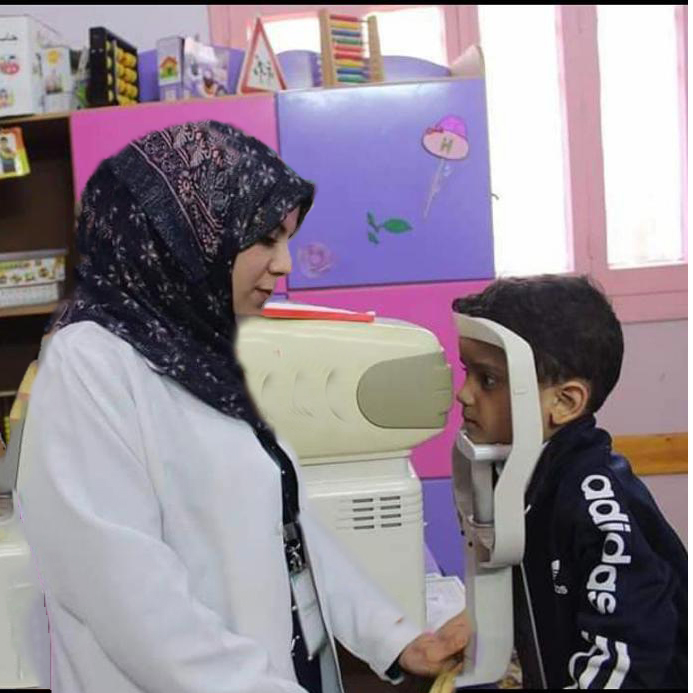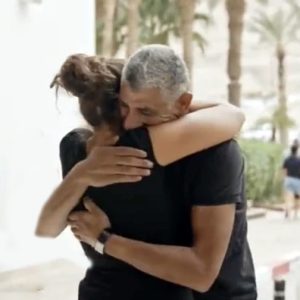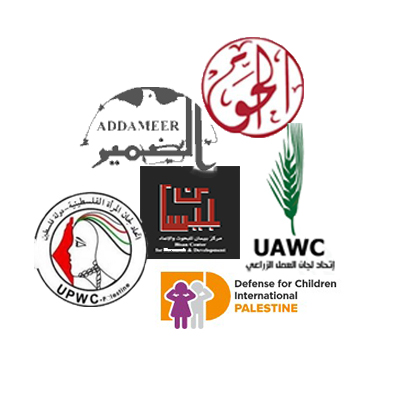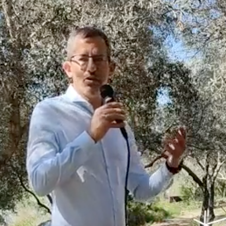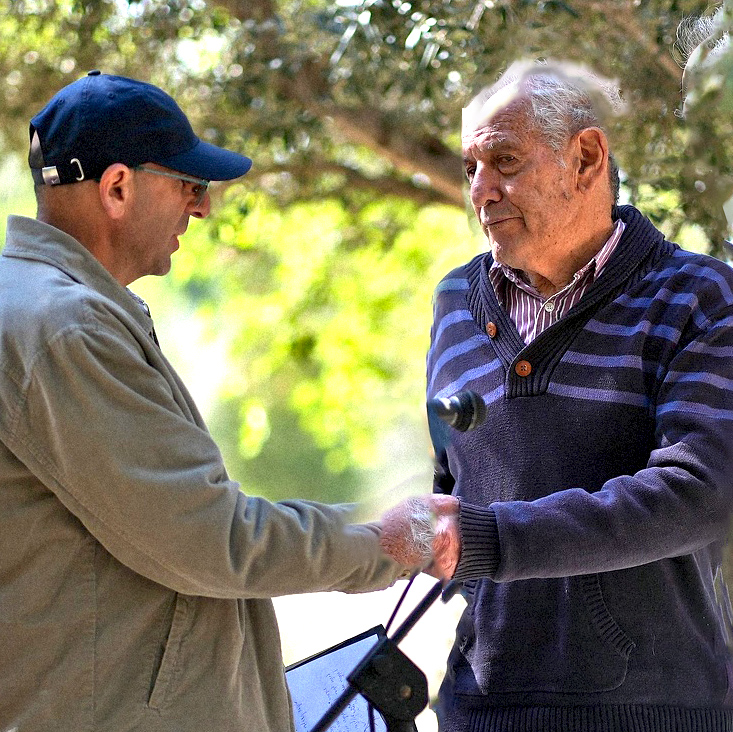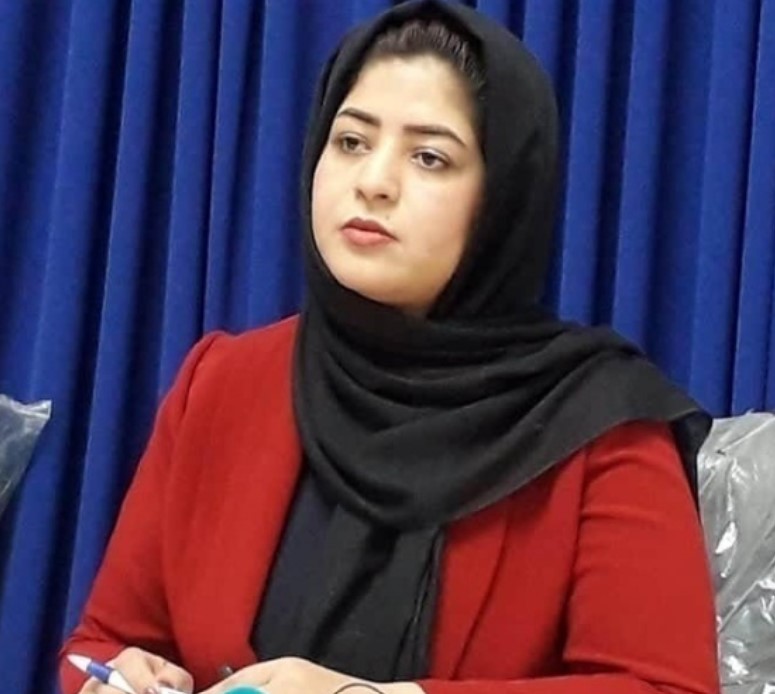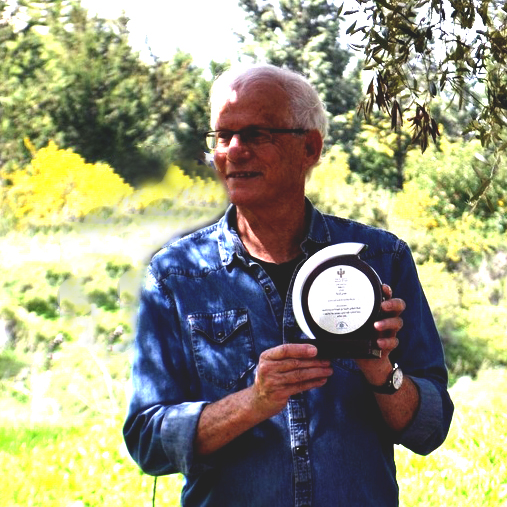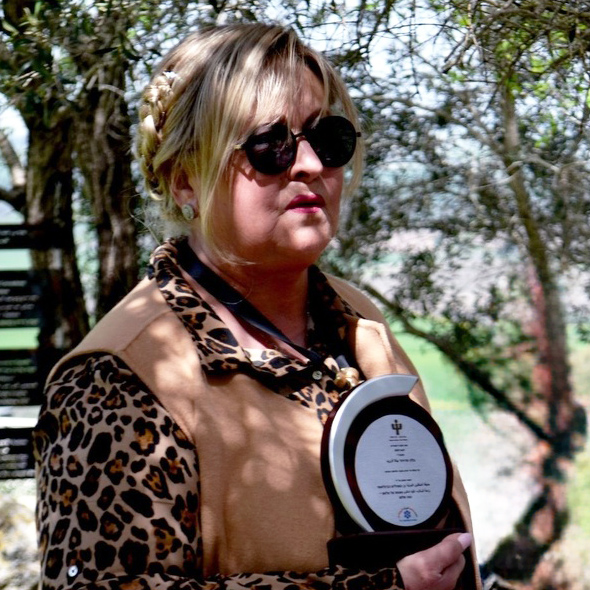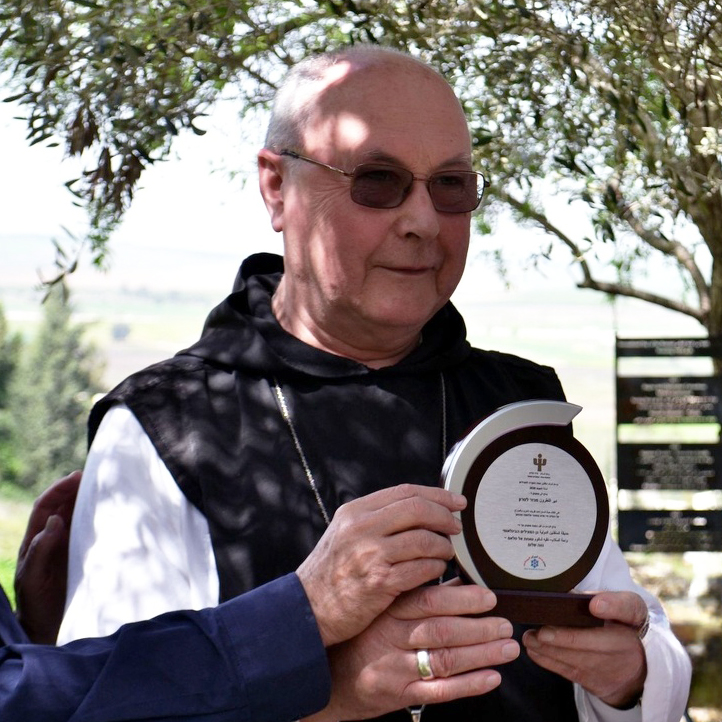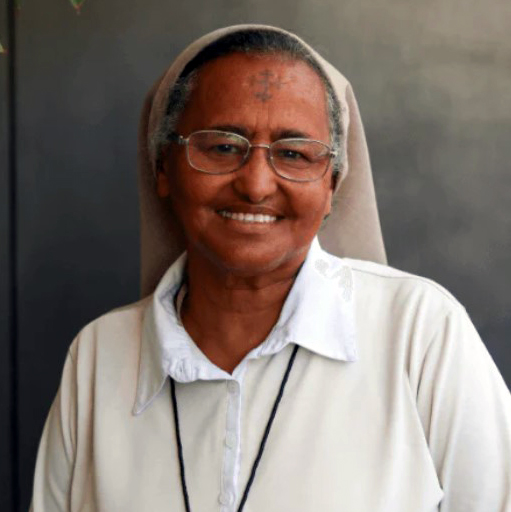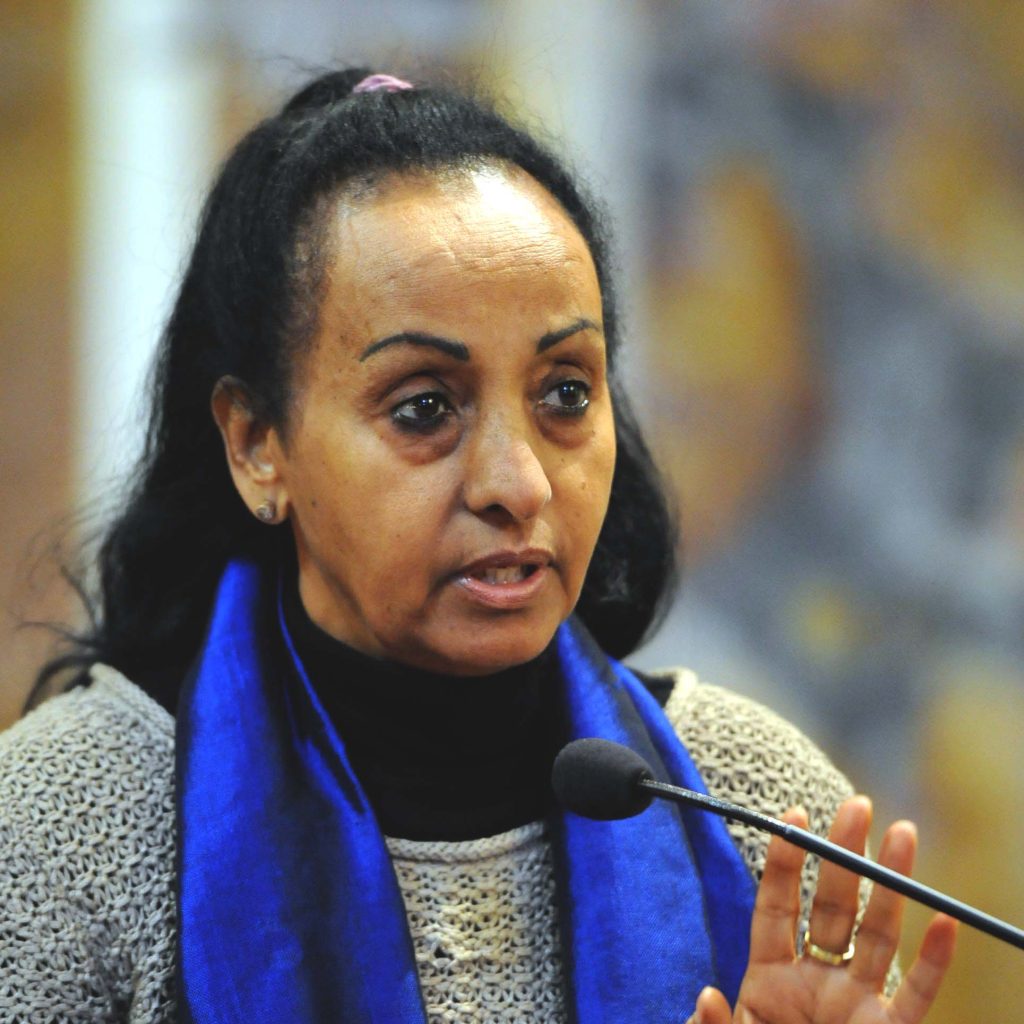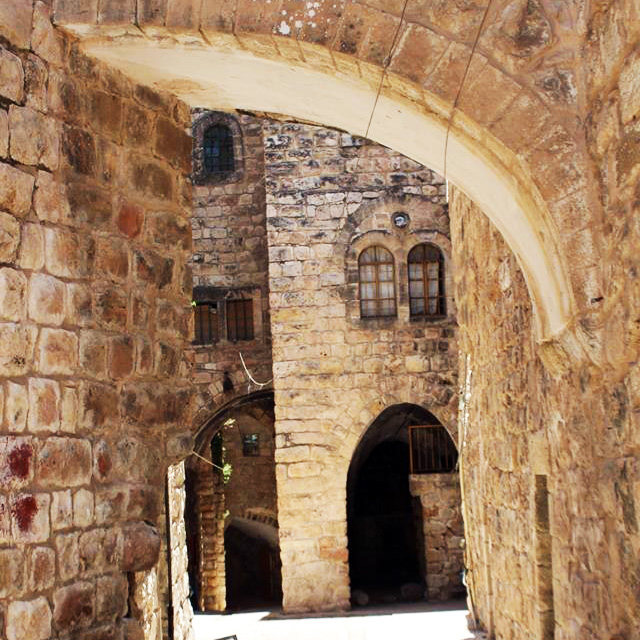Physicians for Human Rights (PHR) and Médecins Sans Frontières (MSF), also known as Doctors Without Borders, are two leading humanitarian organizations dedicated to providing medical assistance and advocating for human rights in conflict zones In the context of Palestine, especially Gaza, these organizations play a crucial role in saving lives, addressing the health impacts of the ongoing conflict, and documenting human rights violations.
Physicians for Human Rights (PHR) works to promote a just society where the right to health is granted equally to all people under Israel’s responsibility. In Palestine, PHR’s work is vital in exposing the impact of the conflict on civilian health, advocating for the rights of the wounded, and pushing for accountability for human rights violations.
PHR conducts forensic investigations and provides expert testimony on the health consequences of military operations, such as the use of excessive force, the targeting of healthcare facilities, and the blockade’s effects on medical supplies. PHR’s documentation has been critical in bringing global attention to the humanitarian crisis in Gaza, highlighting the systematic denial of medical care and the targeting of healthcare workers. The organization also trains local medical professionals in documenting and reporting violations of international law, thereby empowering Palestinian communities to advocate for their rights.
Médecins Sans Frontières (MSF), founded in 1971, is an international medical humanitarian organization known for its rapid response to emergencies and its commitment to providing care in some of the world’s most dangerous environments. MSF’s work in Gaza and Palestine is a testament to its principles of neutrality, impartiality, and independence. The organization operates clinics, provides surgical care, and delivers psychological support to those affected by the conflict.
In Gaza, MSF has been a lifeline for those injured during military operations and protests. The organization provides specialized care, including reconstructive surgery and rehabilitation services, for victims of gunshot wounds, bombings, and other conflict-related injuries. MSF’s medical teams also offer mental health support to address the widespread trauma experienced by Palestinians, particularly children, who have lived through multiple cycles of violence.
MSF’s presence in Gaza is not only about immediate medical care but also about maintaining the principles of humanitarianism in a highly politicized environment. Despite the challenges of operating in a territory under blockade and frequent military action, MSF remains committed to providing care to all who need it, regardless of political affiliations.
Both PHR and MSF have been critical in saving lives in Gaza and the whole of Palestine, where the healthcare system was under immense strain due to the blockade, ongoing conflict, and a lack of resources. The work of these organizations fills gaps left by the local healthcare infrastructure, which is often overwhelmed by the sheer number of casualties during periods of heightened military violence.
PHR’s role is particularly important in documenting the systemic barriers to healthcare in Gaza, such as restrictions on movement that prevent patients from accessing specialized care outside the territory. By advocating for the rights of patients and healthcare workers, PHR helps to ensure that the state of Israel and the international community remains aware of the humanitarian crisis in Gaza and pressures for change.
MSF focuses on providing immediate, life-saving medical care. Its teams of doctors, nurses, and surgeons work in difficult conditions to treat the wounded, manage chronic diseases exacerbated by the conflict, and offer psychological support to those traumatized by violence. MSF’s commitment to neutrality and impartiality ensures that their aid reaches those most in need, regardless of the political or military situation.
Beyond their medical work, both PHR and MSF are strong advocates for the protection of civilians in Gaza and Palestine. They call for an end to attacks on healthcare facilities, the safe passage of medical supplies, and the respect of international humanitarian law by all parties involved in the conflict. Their reports and testimonies are frequently used by international organizations, including the United Nations, to highlight the human cost of the conflict and push for accountability.
Why we chose to honor these organizations in the Garden of Rescuers: Physicians for Human Rights and Médecins Sans Frontières are indispensable in the context of Gaza and the occupied Palestinian territories. They not only save lives through direct medical intervention but also ensure that Israel and the world do not turn a blind eye to the suffering of Palestinians. Their work embodies the principles of medical ethics and humanitarianism, offering hope and care in one of the most challenging regions in the world.
